The Concilium Sinense was a turning point for the Church in China
Video message from the Pro-Prefect of the Dicastery for Evangelization at the International Conference «Primum Concilium Sinense (Shanghai Council)
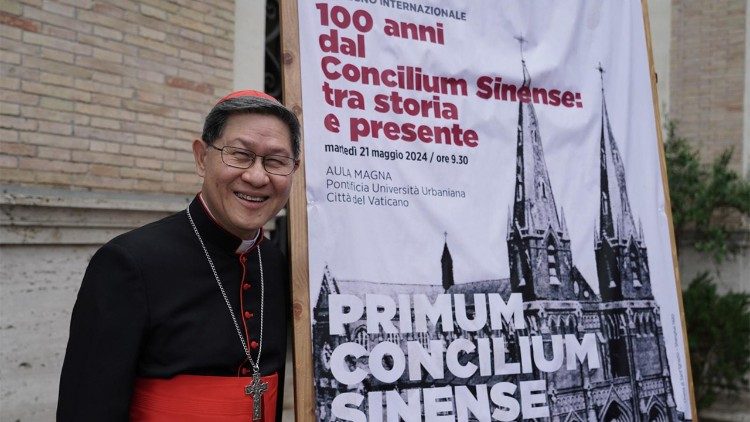
“At the Council of Shanghai, thanks to the work of Celso Costantini, the communion between the Holy See and the Church in China was manifested in its fruitful fruits, fruits of good for all the Chinese people.” This is how Cardinal Luis Antonio Gokim Tagle, pro-prefect of the Dicastery for Evangelization, expresses himself in a video message sent to the participants in the International Conference “Primum Concilium Sinense (Shanghai Council): history and meaning”, organized on the 26th to June 29, in Macau, by Saint Joseph University, on the occasion of the centenary of the first and, so far, only Council of the Catholic Church in China (1924-2024).
Synodality experience
In the video message – re-released by Fides Agency – the cardinal quotes the words of Pope Francis, who opened the work of the conference on the centenary of the Concilium Sinense organized in Rome, on May 21, at the Pontifical Urbaniana University. Tagle himself was one of the participants, along with the Cardinal Secretary of State, Pietro Parolin, and the Bishop of Shanghai, Joseph Shen Bin. Pope Francis said in the video message that the Fathers of the Concilium Sinense “lived an authentically synodal experience and made important decisions together. The Holy Spirit united them, made harmony grow between them, led them on paths that many among them would not have imagined, overcoming even perplexities and resistance”.
The flowering of a fully Chinese Church
“The Council of Shanghai represents a realization of synodality, which is proposed to us again with such force also in our time, thanks to the teaching of Pope Francis,” Cardinal Tagle added in his message. “The Fathers who participated in it experienced that synodality is not a secondary dimension, but rather a constitutive and indispensable one in the life of the Church.”
Furthermore, the Council “laid the foundation for the flourishing of a fully Chinese Catholic Church, led by Chinese bishops. And even this intention was not guided by human tactics or calculations, but by the mystery of the Church in its pilgrimage around the world” , stressed the cardinal, who described the Concilium Sinense as “a turning point in the path of the Catholic Church in China”, which still retains strong relevance today.
Related
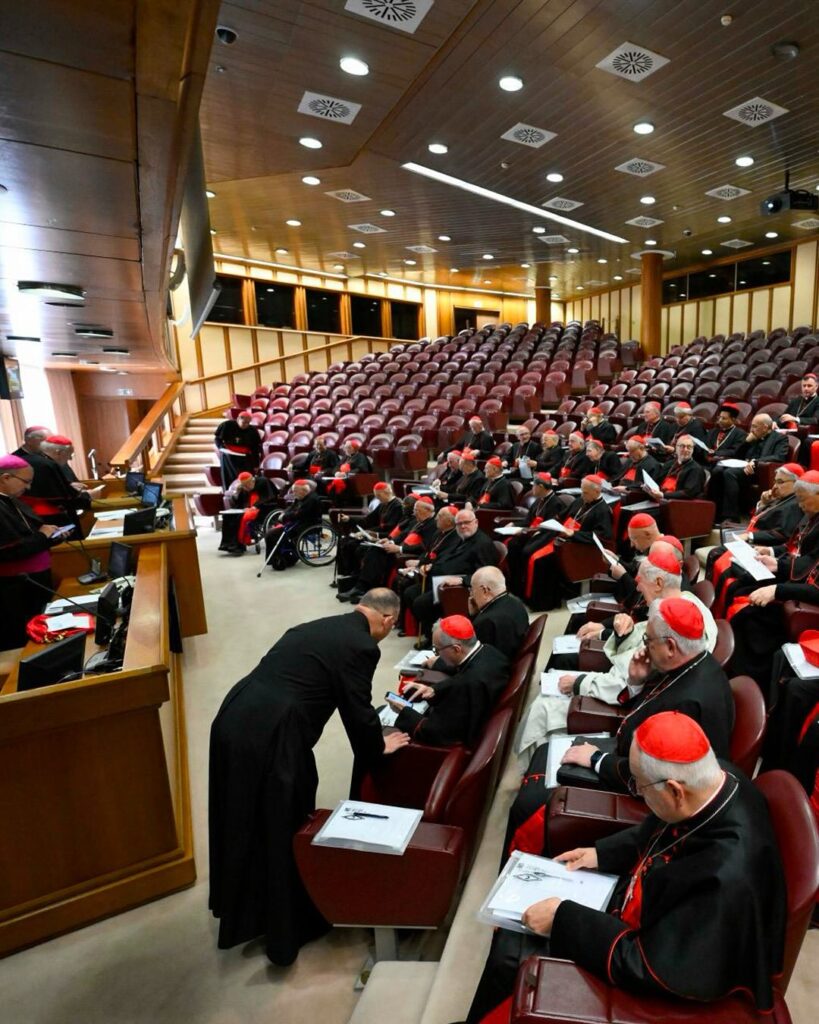
The first General Congregation of Cardinals was held in the Vatican
Exaudi Staff
23 April, 2025
2 min
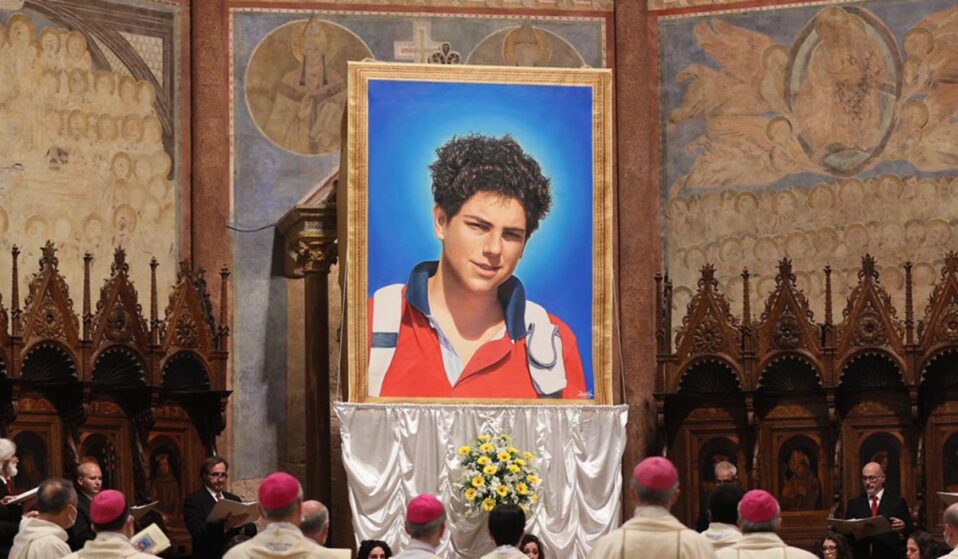
Holy See: Canonization of Carlo Acutis Postponed
Exaudi Staff
21 April, 2025
2 min
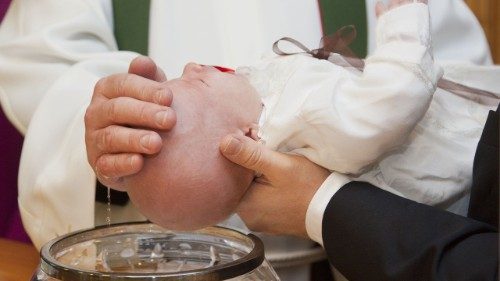
Baptism: An Indelible Mark on the Soul
Exaudi Staff
19 April, 2025
1 min
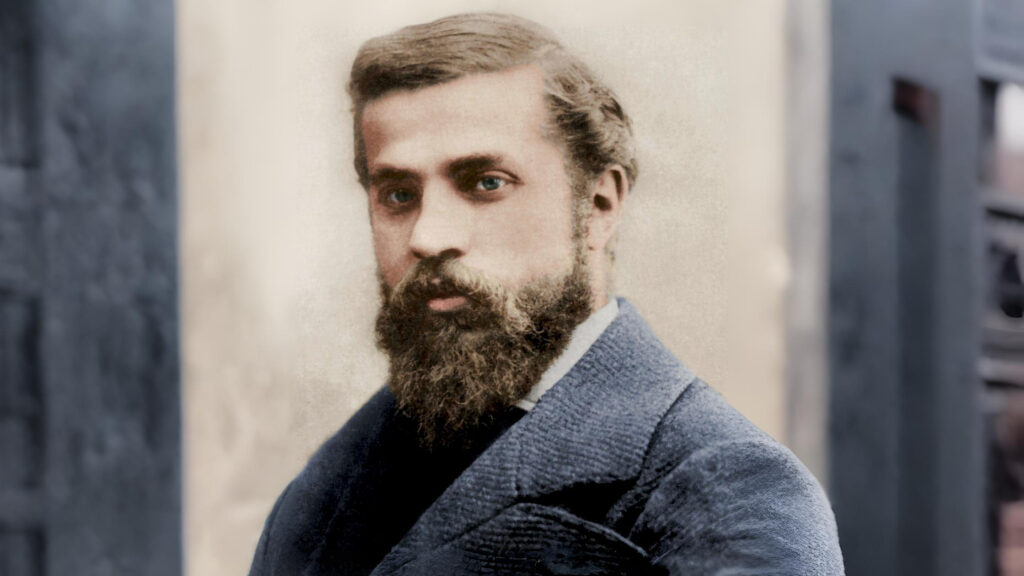
Antoni Gaudí Takes Another Step Toward the Altar: Declared Venerable by the Church
Exaudi Staff
14 April, 2025
2 min
 (EN)
(EN)
 (ES)
(ES)
 (IT)
(IT)

